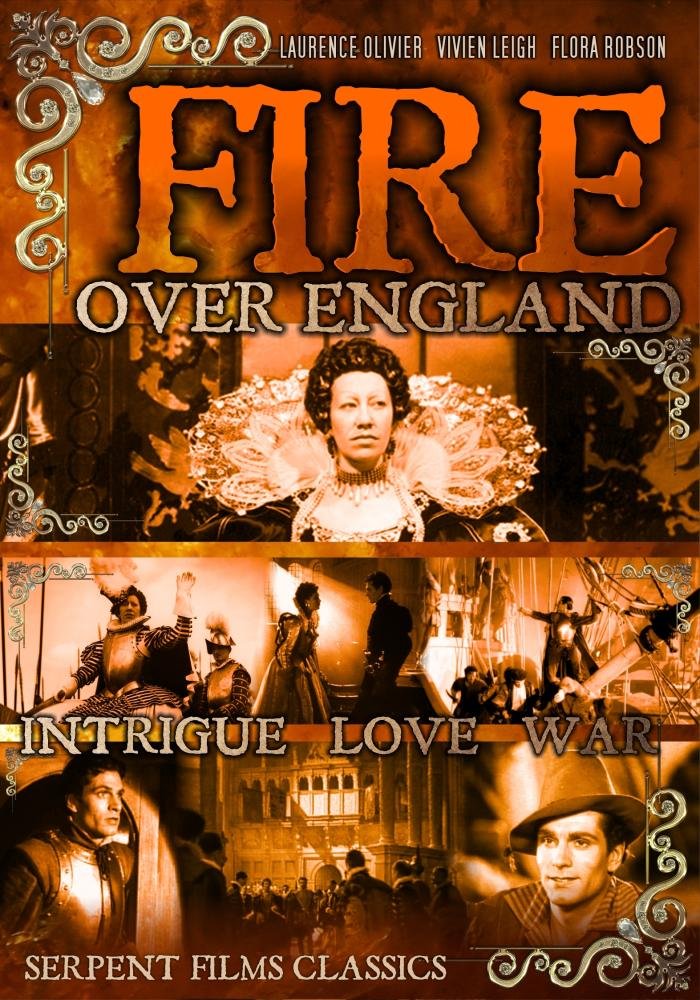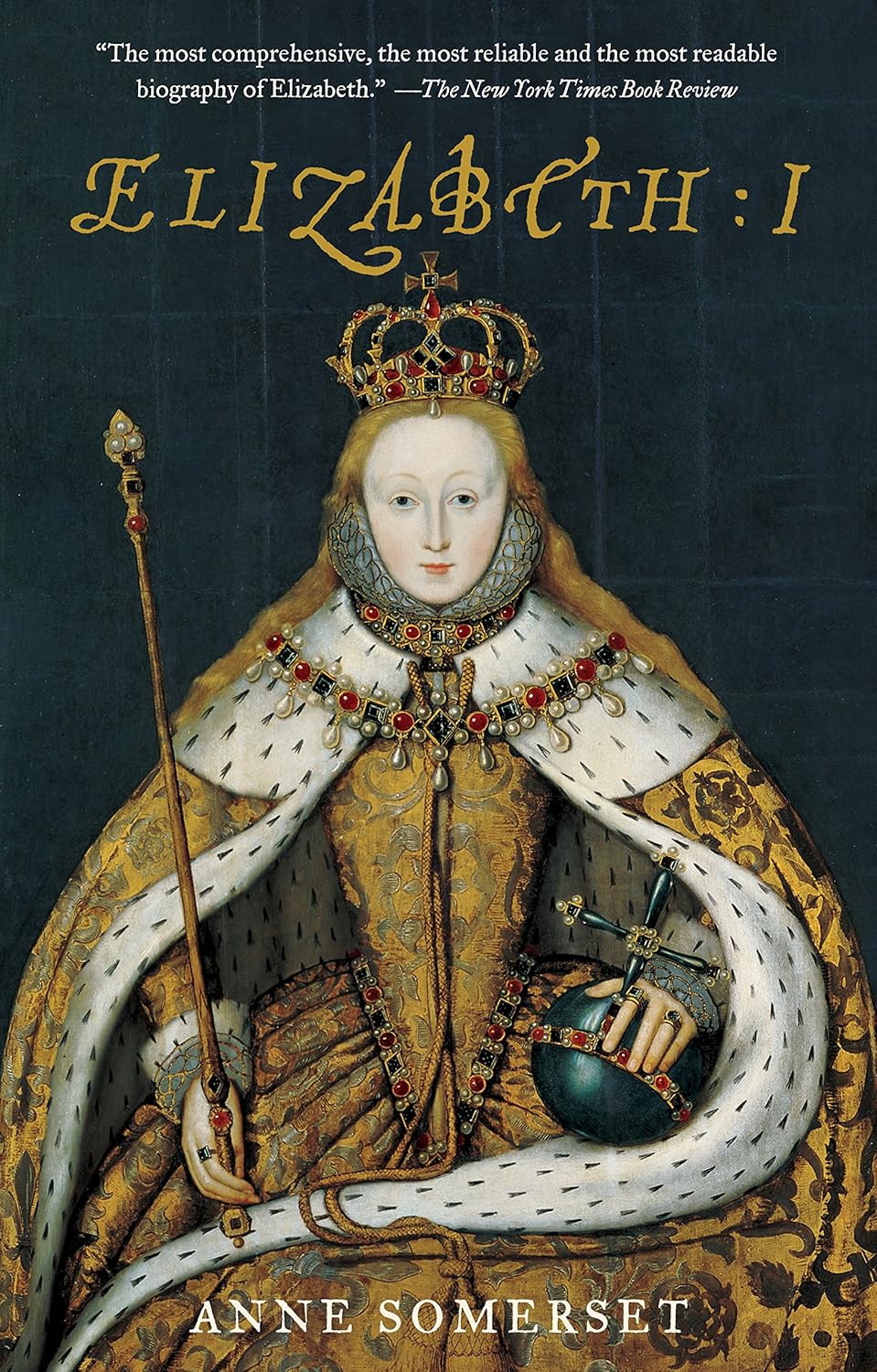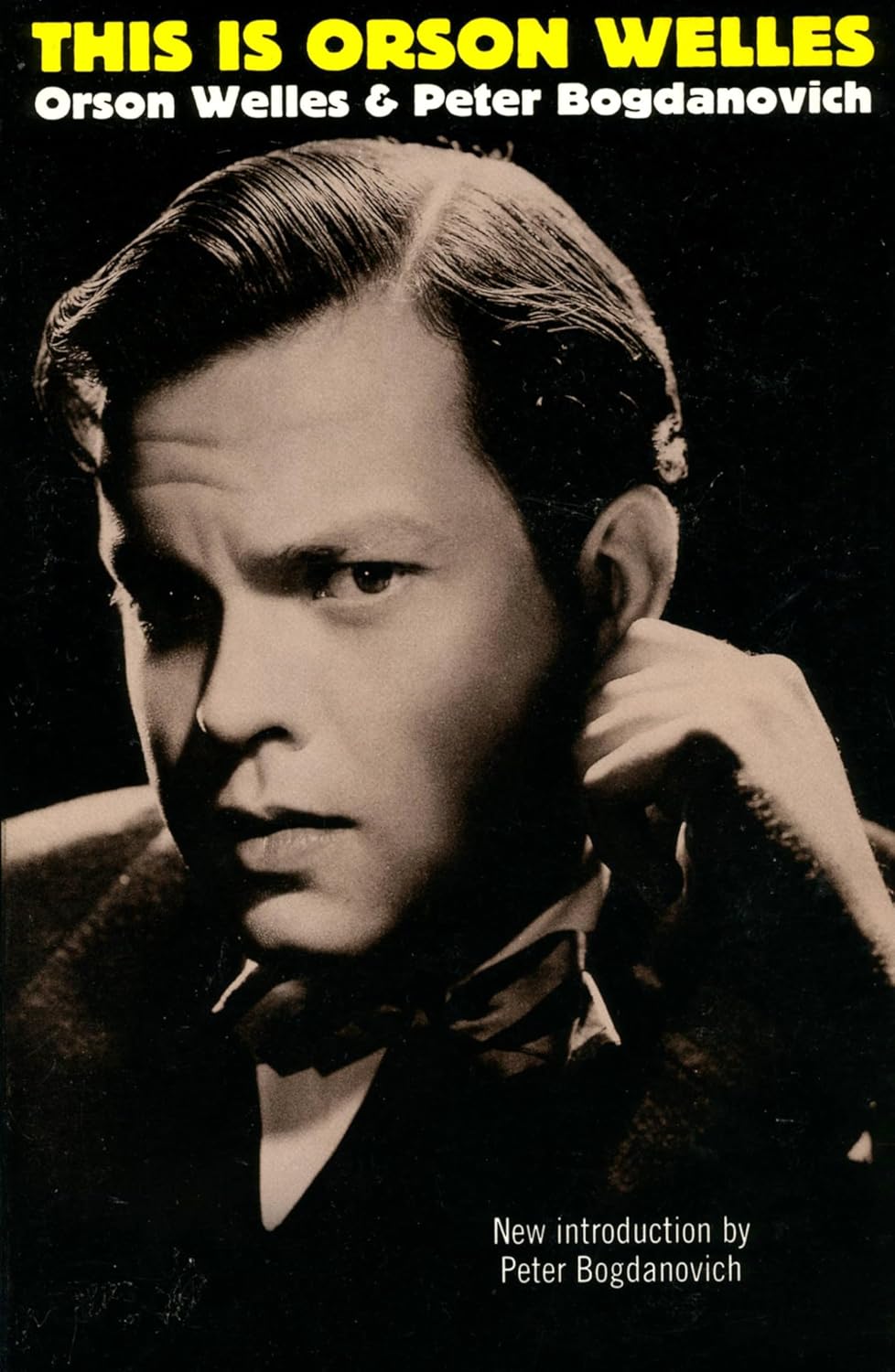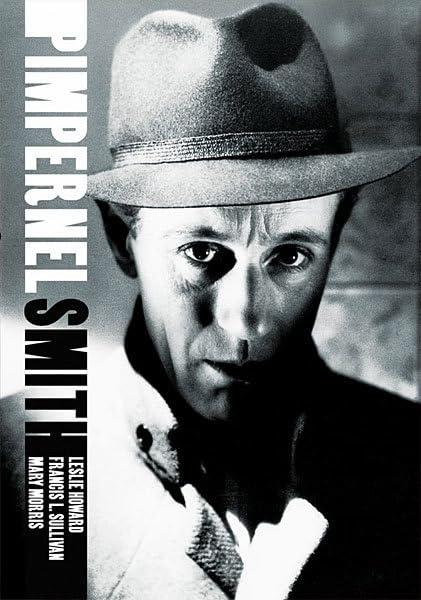 Beaton, Cecil, and Kenneth Tynan. Persona Grata. New York: Putnam, 1954.
Beaton, Cecil, and Kenneth Tynan. Persona Grata. New York: Putnam, 1954.
Orson Welles has been making his way onto lists of Oxfordians complied by Oxfordians. I wish that I could simply say that there is no evidence to connect Orson Welles to the conspiracy theory that the Earl of Oxford wrote the works attributed to William Shakespeare. But I can say that the tiny bit of evidence connecting him to the idea is utterly disreputable.
The two sentences in question appear in a rambling, nearly-incoherent book entitled
Persona Grata. The book contains rambling, nearly-incoherent thoughts about one hundred famous people admired by the authors.
Here's the full paragraph on which the claim about Welles being an Oxfordian is based (click on the image to enlarge it):

"Shakespeare: 'I think Oxford wrote Shakespeare. If you don't agree, there are some awful funny coincidences to explain away'" (98).
There you have it. After a few racist comments (which the authors of the book describe as "amiable"), Welles' capacity for "snap judgments" is demonstrated by these two sentences. The authors fail to provide any pertinent details about the quote, leaving us completely in the dark. To whom it was uttered? When did Welles said it? In what context? Was he, perhaps, joking? Had he, perhaps, been enjoying a glass too many of Paul Masson? They present no evidence to back up the claim that Welles said this at all.
Further, they compare the statement to "sciolism." It's a good word and an apt (and, yes, I had to look it up). The OED defines it as "pretentious superficiality of knowledge." In other words, if he said it at all, he said it in a completely offhand, uninformed manner.
The book is neither scholarly nor reliable. On this evidence (and on the absence of any other), we cannot conclude that Orson Welles was an Oxfordian.
 Update (14 August 2012).
Update (14 August 2012).
Johnson, Paul. Intellectuals. New York: Harper and Row, 1989.
Returning to this highly-charged issue after a hiatus for thought and research, I find that the evidence for Welles' Stratfordianism is still strong.
In a book by Paul Johnson, I found some facts about Kenneth Tynan that may help to explain his journalistic practice and why the words attributed by him to Welles fail to fit with Welles' other statements (click on the image above to enlarge it and to see the text from the book):
[Kenneth Tynan] quickly established himself as the most audacious literary journalist in London. His motto was: "Write heresy, pure heresy." He pinned to his desk the exhilarating slogan: "Rouse tempers, goad and lacerate, raise whirlwinds." He followed these in junctions at all times. (326)
He certainly has done these things with his offhand remarks about Orson Welles.
 Welles, Orson and Peter Bogdanovich. This is Orson Welles. New York: HarperCollins, 1992. Reprinted under the same title by Da Capro Press, 1998.
Welles, Orson and Peter Bogdanovich. This is Orson Welles. New York: HarperCollins, 1992. Reprinted under the same title by Da Capro Press, 1998.
This is Orson Welles, mentioned by contributors to the comments of this post, is a collection of interviews with Welles, transcribed and printed as a conversation with no intervening description—but with interjected sections from other publications by Welles. The book is pervaded with conversation about Shakespeare's plays, but there's not too much about the authorship of the plays. Frequently, there are passages that paint images of the man from Stratford as the author of the pays. For example, this passage imagines Shakespeare at a pub:

(Welles and Bogdanovich 101)
Here, the man is imagined with a hypothetical time machine:

(Welles and Bogdanovich 209)
And, in this passage (from two separate pages—provided, therefore, in two separate images), Shakespeare (the author of the plays) is connected to Shakespeare (the man from Stratford):


(Welles and Bogdanovich 211-12)
Those passage seem to establish that Welles thought of Shakespeare from Stratford as the author of the plays—even if his information about the particulars of Shakespeare's life (e.g., "the son of a butcher") are inaccurate.
But, to be as fair as it is possible to be, Welles also indicates that he believes that the more important aspect of a work of art is the work of art itself, not its creator. He even extends this to himself, pondering whether it matters that Orson Welles directed
Citizen Kane. Please note that this does not equate to Welles questioning the authorship of the plays attributed to Shakespeare. He is merely making the point that the work itself is paramount and the artist is secondary. Please note that he does not doubt his own authorship of and contribution to
Citizen Kane; he merely ponders whether that authorship and that contribution is relevant. Here's that section—which I provide with a fair bit of its context:

(Welles and Bogdanovich 257)
Even though Welles wonders aloud whether Shakespeare's authorship of the plays is an important factor in considering the plays themselves, he does not seem to express doubt in Shakespeare's authorship of the plays.
Considering all this, it's time for Orson Welles to be removed from the lists of Oxfordians—and that includes removing him from lists provided by those who think Shakespeare wrote the plays attributed to him. In James Shapiro's
Contested Will, for example, this statement appears: "I can think of little else that unites Henry James and Malcolm X, Sigmund Freud and Charlie Chaplin, Helen Keller and Orson Welles, or Mark Twain and Sir Derek Jacobi" (4). Orson Welles does not belong in that sentence.
Update (5 August 2020): I found a first edition of the
Everybody's Shakespeare series that Welles wrote and illustrated in his teens, and it
clearly makes fun of anti-Stratfordians and indicates that Shakespeare wrote the works attributed to him.
Click below to purchase the books from amazon.com
(and to support Bardfilm as you do so).
 Fire Over England. Dir. William K. Howard. Perf. Laurence Olivier, Flora Robson, and Vivien Leigh. 1937. Videocassette.
Fire Over England. Dir. William K. Howard. Perf. Laurence Olivier, Flora Robson, and Vivien Leigh. 1937. Videocassette. 











































